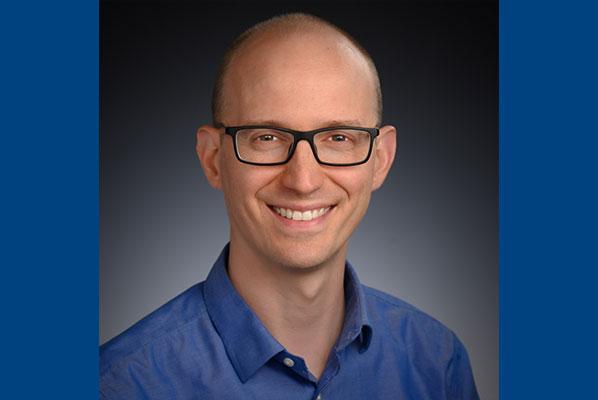
On Oct. 1, 2025, Director of Digital Pathology and Enhanced Diagnostics William Jeck, MD, PhD, was promoted to associate professor.
He has been at the forefront of the rapidly-expanding use of digital pathology for clinical care delivery that the department and its laboratories offer. These efforts align with academic and health system interests to optimize patient care by developing and safely deploying augmented intelligence algorithms to improve diagnostic accuracy, efficiency, and prognostication in ways that respect current pathologist workflows. Jeck has been leading the development of a system-wide strategy for digital pathology across Duke Health, which considers all digital assets that exist within the department and its laboratories.
Jeck earned his MD/PhD degree from the University of North Carolina School of Medicine. He pursued his residency in anatomic pathology at Massachusetts General Hospital and completed fellowship in gastroenterological surgical pathology at Brigham and Women’s Hospital in 2019. He has written several research publications in the area of molecular pathology, most notably novel techniques for fusion oncogene detection with Nanopore sequencing.
Since 2019, he has been working as an assistant professor of Surgical Pathology at Duke University School of Medicine. Jeck has signed out cases in the diverse areas of gastrointestinal (GI), liver, orthopedic/soft-tissue, autopsy, and molecular pathology. He served as director of the Surgical Pathology GI Fellowship from 2022-2025 and is associate director for the Duke Biorepository and Precision Pathology Center, which has a focus on digital pathology and image analysis.
He is co-lead of the Nference project to scan nine million slides of Duke’s pathology archive. His current research focuses on development and practical implementation of AI/Machine learning tools in pathology practice, along with pathology support of other research projects.
He is an associate member of the Duke Cancer Institute (DCI). His primary focus is the Precision Cancer Medicine & Investigational Therapeutics (PCMIT) program. Read about PCMIT here, including focus areas, clinical trials, and scientific highlights. His secondary appointment is in the Cancer Risk, Detection, and Interception program.